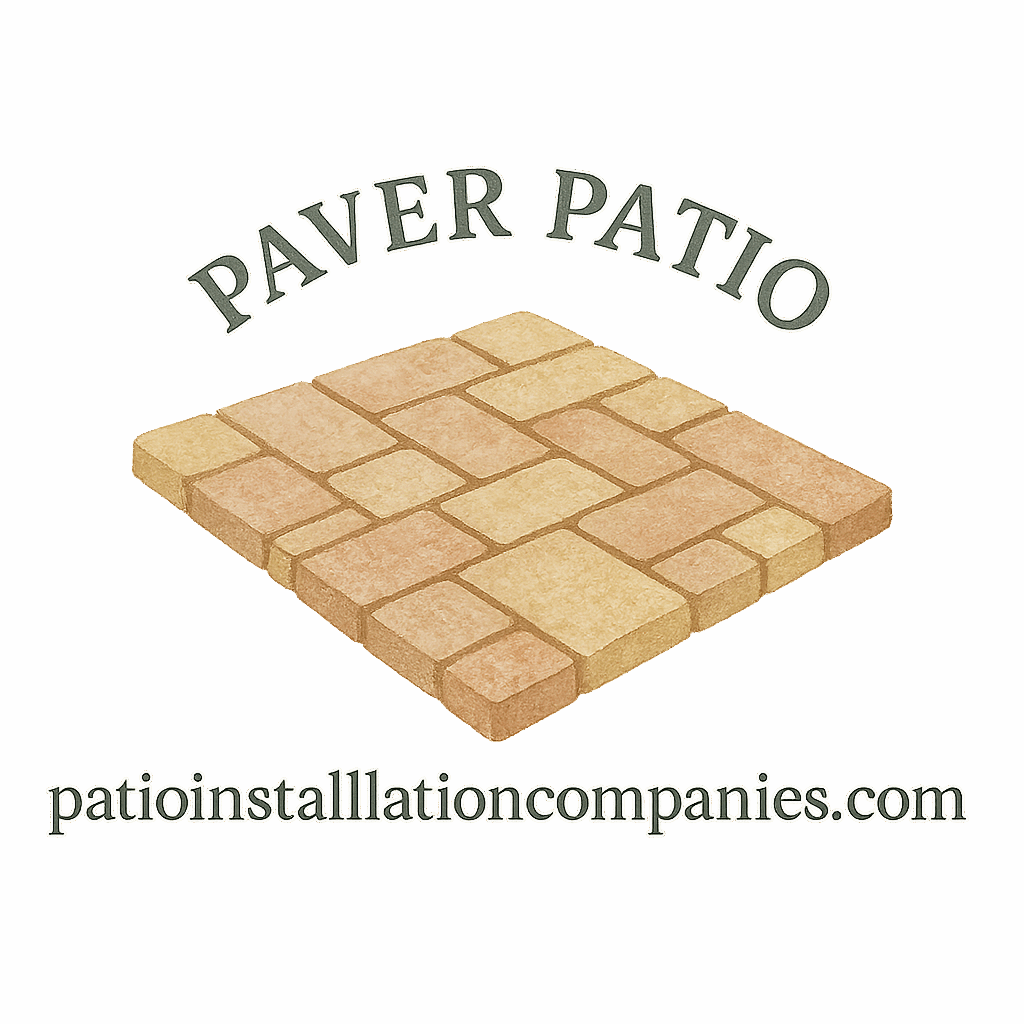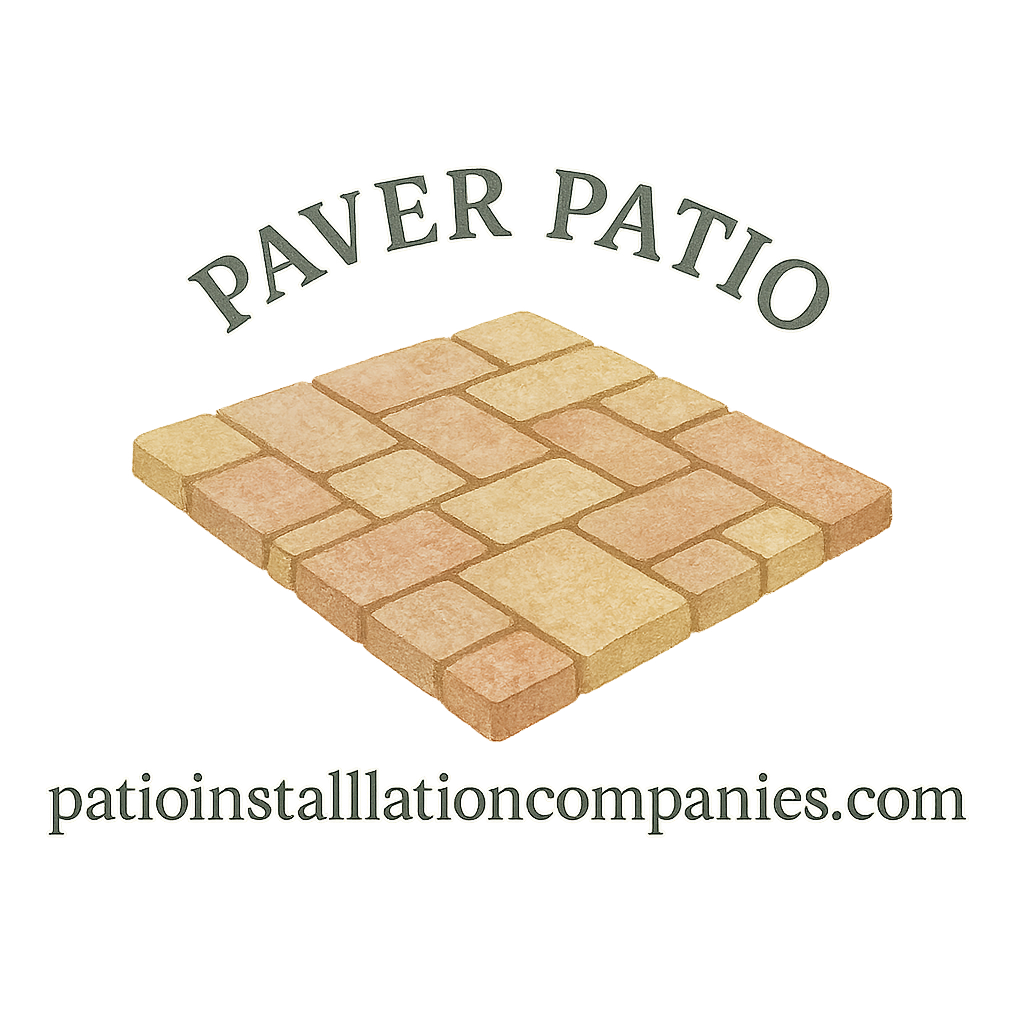Introduction: Concrete vs Paver Patios Showdown
Planning to revamp your backyard and can’t decide between concrete or pavers? You’re not alone. Choosing the right material for your patio can be the ultimate game-changer for both function and curb appeal. In this article, we’ll break down the 8 key differences between concrete vs paver patios so you can make an informed decision that suits your lifestyle and budget.
Let’s dive in, shall we?
1. Installation Time and Complexity
Concrete: Pour and Wait
Concrete patios typically involve a process of pouring, leveling, smoothing, and curing. This might sound quick, but you often have to wait several days (sometimes a week!) before you can actually use the space.
Plus, if you’re not hiring a pro, doing this yourself can be a logistical nightmare—think mixing, leveling, drying, and avoiding cracks. If you’re curious about DIY efforts, check out this helpful page on installation options.
Pavers: Place and Play
Pavers, on the other hand, offer a plug-and-play style installation. While they do require base preparation and leveling, you can often start enjoying your patio the very next day. That’s a big win if you’re itching to throw that summer BBQ pronto.
Explore more tips for time-saving projects at DIY savings ideas.
2. Cost: Initial Investment vs Long-Term Value
Upfront Costs
Here’s the straight talk: poured concrete generally costs less up front. It’s a more affordable material and installation tends to be cheaper.
But before you go jumping on the concrete wagon, consider the long haul.
Longevity & Value
Pavers usually cost more initially, but they last longer, are easier to repair, and offer better resale value. Over time, they might actually be more cost-effective.
Want to get into the dollars and cents? We break it down at cost comparison and contractor tips.
3. Durability and Strength
Weather Resistance
Concrete is prone to cracking, especially in areas with freeze-thaw cycles. One cold snap and boom—you’ve got a crack that spreads faster than a rumor in a small town.
Load-Bearing Capacity
Pavers are individual units, so they can shift slightly without breaking. They’re also better equipped to handle heavy loads—think grills, furniture, or even cars (if you’re using them for a driveway crossover).
For more on strength and wear, visit our maintenance and longevity guide.

4. Design and Aesthetic Flexibility
Patterns, Colors, and Finishes
Concrete gives you a few options—stamped, stained, or brushed—but it’s still pretty limited. Pavers? The sky’s the limit. From intricate patterns to vibrant colors, you can create a truly custom look.
Get inspired by scrolling through some creative outdoor designs.
Matching Your Outdoor Decor
Matching your patio to your home’s theme is easier with pavers, especially if you’re going for a specific backyard design vibe. From rustic to modern chic, pavers blend in beautifully.
5. Maintenance and Repairs
Cracks vs Replacements
Concrete can crack. And fixing those cracks isn’t just unsightly—it can be expensive. Pavers are much easier to maintain. If one breaks, just pop it out and replace it.
Explore outdoor care tips to make maintenance less of a chore.
Cleaning Requirements
Concrete tends to stain easily and needs regular sealing. Pavers can be swept, rinsed, or pressure washed. Want a detailed care guide? Peek at our section on paver cleaning.
6. Environmental Impact
Permeability and Drainage
Concrete is impermeable, which means water runoff can be an issue. Pavers, especially permeable ones, allow water to filter through—great for the environment and local drainage.
Sustainable Materials
Many paver products are made from eco-friendly materials. They’re also easier to recycle if you ever decide to change things up.
Check out our insights on material choice for greener options.
7. DIY Friendliness
Concrete: Not So DIY-Friendly
If you’re not a pro, pouring and leveling concrete is tough. It dries fast, so mistakes are permanent. Not ideal for your average weekend warrior.
Pavers: Perfect for Handy Homeowners
With pavers, you can work section by section. Lay the base, place the stones, and admire your masterpiece. It’s like adult Lego—only more rewarding.
Read about more DIY-friendly patio installations.
8. Resale Value and Curb Appeal
Boosting Home Value
Paver patios add major curb appeal and can make your listing pop. Buyers love the custom feel and visual texture that pavers bring.
Real Estate Perspective
According to realtors, homes with well-installed paver patios sell faster and for more. If you’re thinking long-term investment, pavers pull ahead.
Need more convincing? Browse ideas on patio design upgrades.
Conclusion
When it comes to Concrete vs Paver Patios, the right choice depends on your priorities—cost, looks, durability, and ease of installation. Concrete might save you some money upfront, but pavers shine in almost every other department, from customization to maintenance to value.
So, if you’re after a patio that’s both pretty and practical, pavers are often worth the investment. Either way, planning ahead is key. Be sure to explore more guides on planning and design and backyard enhancements before getting started.
And remember, no matter your choice, it’s all about creating a space where memories are made.
FAQs
1. Which patio lasts longer: concrete or pavers?
Pavers generally last longer than concrete and are easier to repair, making them more durable over time.
2. Are paver patios really worth the money?
Yes! While they cost more initially, their beauty, flexibility, and longevity make them a smart investment.
3. Can I install a paver patio myself?
Absolutely. Many homeowners tackle paver patio projects themselves with great success—just plan carefully.
4. Which option handles weather changes better?
Pavers are better for extreme weather. They can expand and contract without cracking, unlike concrete.
5. Is maintenance easier with concrete or pavers?
Pavers win this round. You can replace individual stones, while concrete often needs costly repairs.
6. Do paver patios increase home value?
Yes, they boost curb appeal and often raise property value. Real estate agents love them!
7. What’s the best choice for an affordable patio?
Concrete is cheaper upfront, but pavers offer better long-term value. Want budget ideas? Explore affordable patio options.


